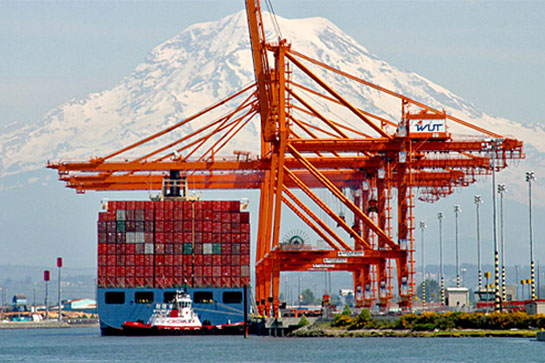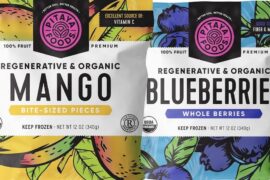Add frozen vegetables to the list of food product shipments negatively affected by the US West Coast port slowdown caused by an ongoing contract dispute between the International Longshore and Warehouse Union (ILWU) and the Pacific Maritime Association (PMA).
In December and January the rift between dockworkers and terminal operators was blamed on a shortage of US-sourced french fries at McDonald’s and KFC quick service restaurants in Japan. This month Pat Sauter, general manager of the National Frozen Foods Corp. factory in Chehalis, Washington, reported that loading delays at Puget Sound ports have resulted in a 20% downturn in exports of carrots, corn and peas to customers in Japan and China.

The Chehalis plant, one of four operated by Seattle-headquartered National Frozen Foods in the Pacific Northwest, produces approximately 110 million pounds of vegetables annually. The company’s other facilities are in Moses Lake, Washington (175 million pounds capacity), Albany, Oregon (85 million pounds), and Quincy, Washington (30 million pounds). Each facility is strategically situated near highly productive growing regions, which allows for the quick-freezing of raw product within six hours of harvest.
Meanwhile, the slowdown has also impacted imports of packaging materials and other items needed for production. National Frozen Foods procures fruits and vegetables from around the world to supply clients with a full line of offerings ranging from whole, sliced, diced, cut and leaf products to blends, purees and shelled edamame.
As this story was being filed on February 7, seven ships at the Port of Tacoma were waiting to be unloaded and reloaded on Monday after the Pacific Maritime Association temporarily shut down all vessel loading activity Friday.
“We share the frustration of the farmers and manufacturers and retailers and truckers,” commented Tara Mattina, the Port of Tacoma’s communications director. “We, like them, don’t have a spot at this negotiating table.”





